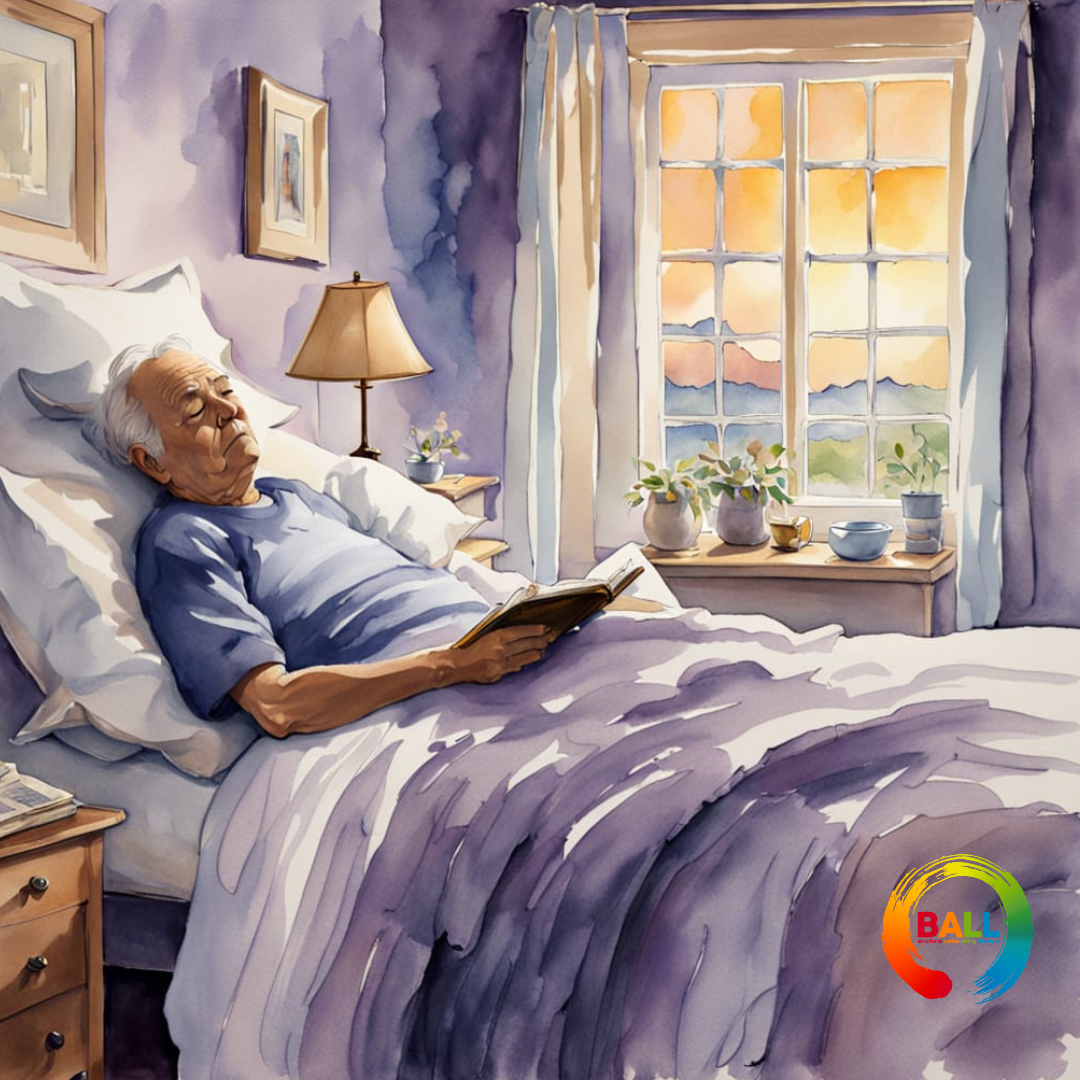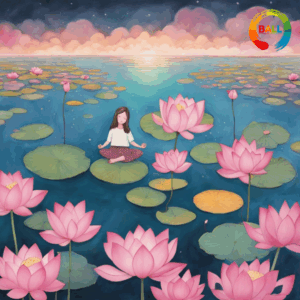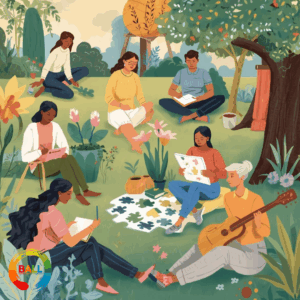As we grow older, our sleep naturally shifts—falling asleep can take longer, nights may feel more restless, and we often wake earlier than before. These changes are mostly biological, but lifestyle factors like less physical activity, health conditions, and screen time can also play a role. The key to better rest is adapting with care: maintain a steady bedtime routine, stay active during the day, and create a calm, dark environment for sleep. By understanding how our bodies evolve, we can make thoughtful adjustments and enjoy deeper, more restorative rest.
Key Facts / Highlights:
- Aging naturally reduces deep sleep and increases light sleep.
- Circadian rhythms shift, leading to earlier sleep and wake times.
- Health issues, medications, and inactivity can disrupt rest.
- Consistent routines and reduced screen time promote better sleep.
- A calm environment supports relaxation and sleep quality.
- Adapting your habits helps maintain healthy, restorative rest.
Sleep may change as we age, but rest remains essential to our physical and emotional health. By accepting these natural shifts and committing to mindful, healthy routines, we can continue to enjoy peaceful nights and energized mornings at any stage of life.





